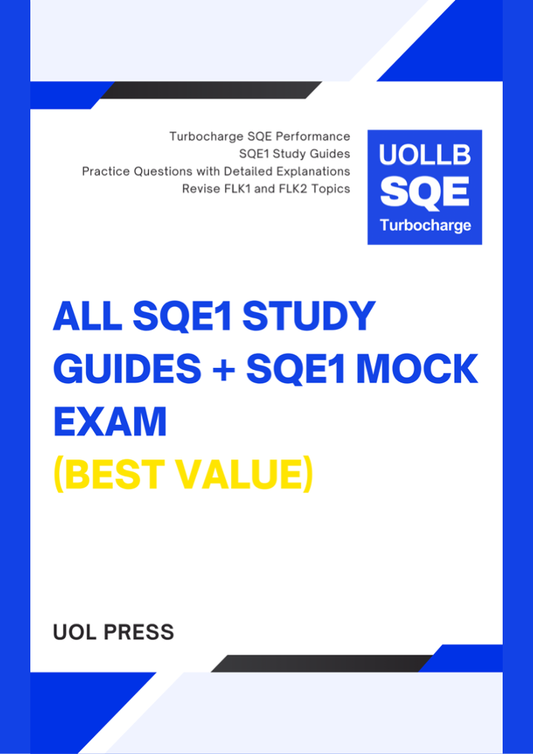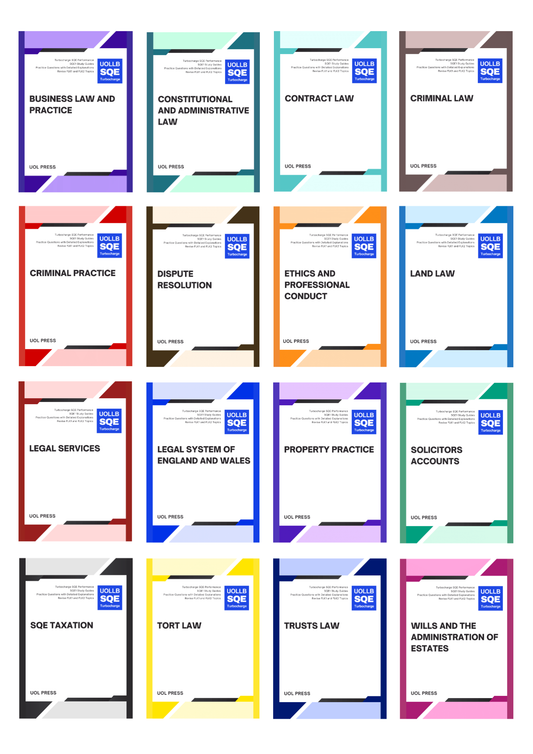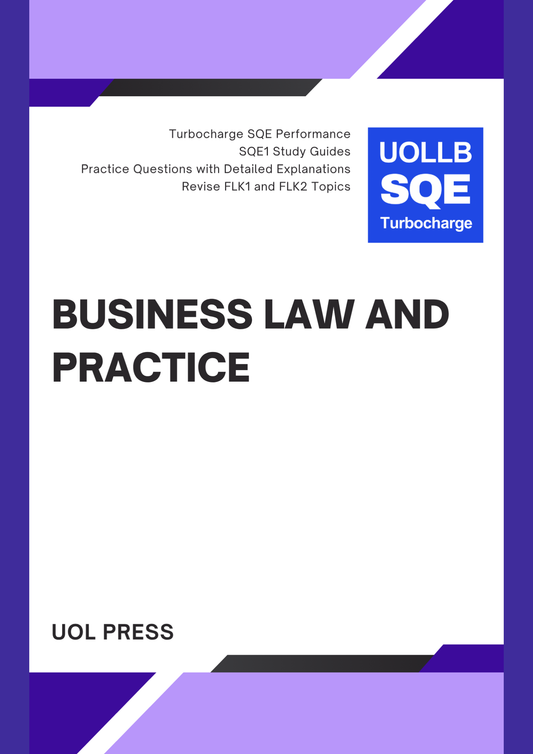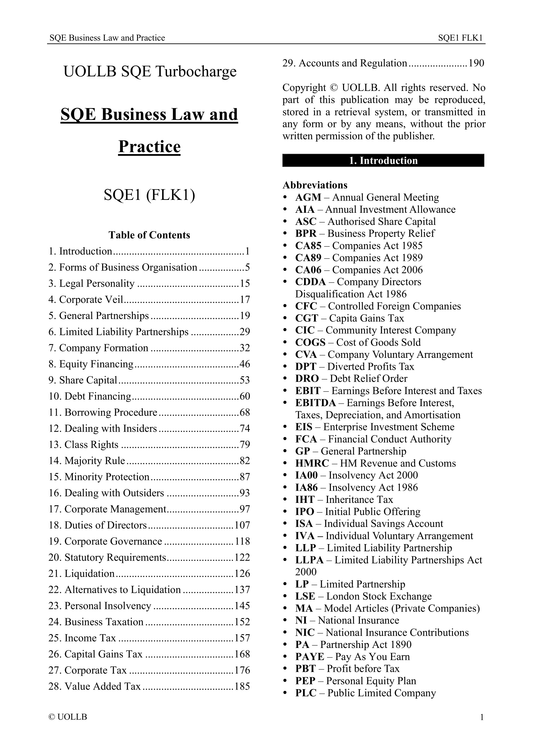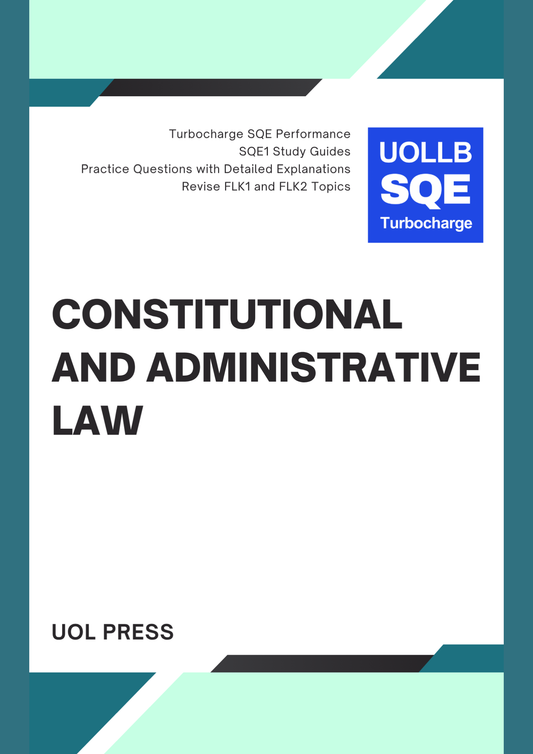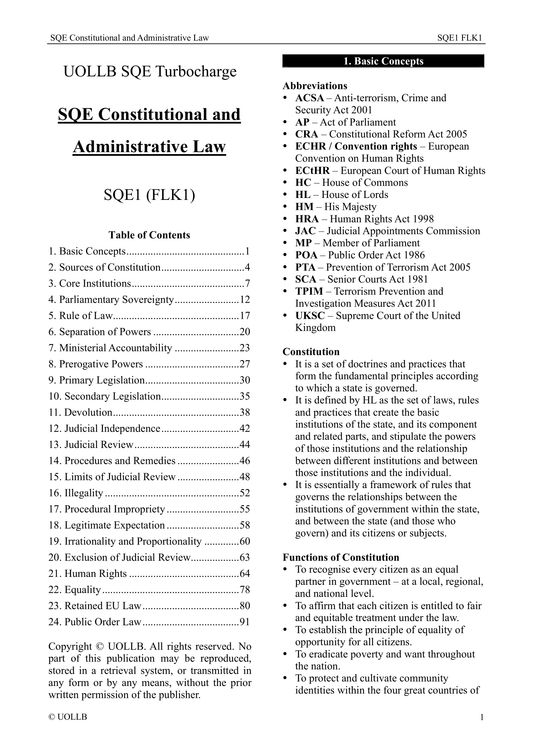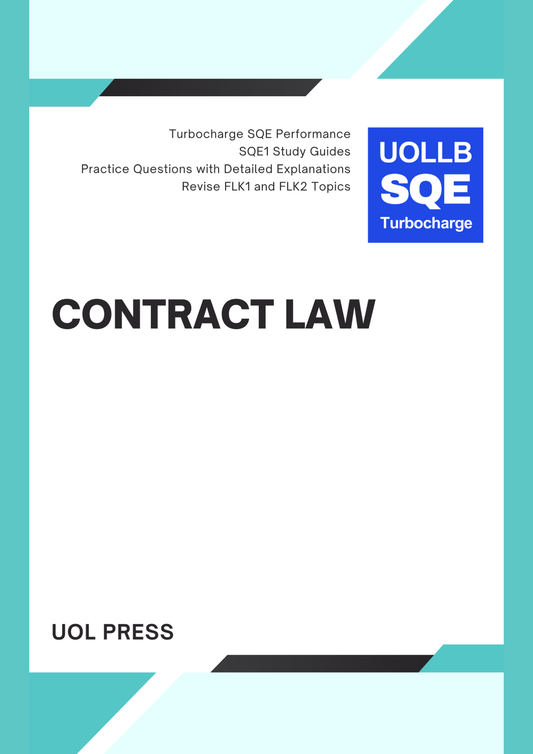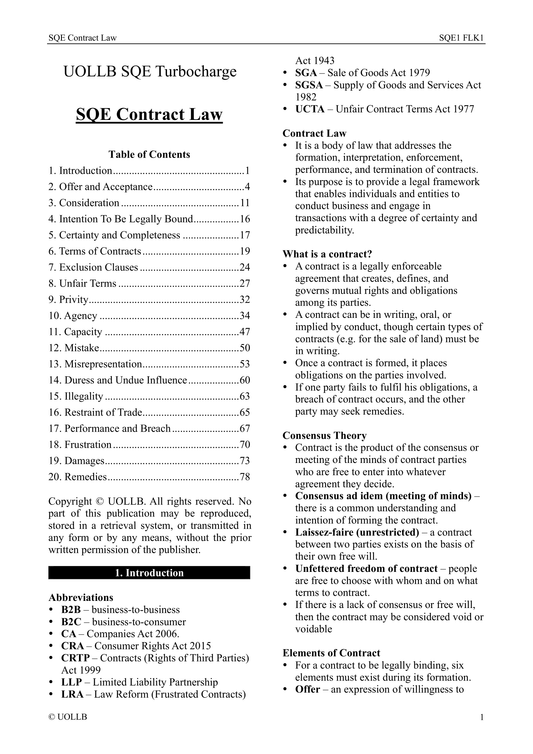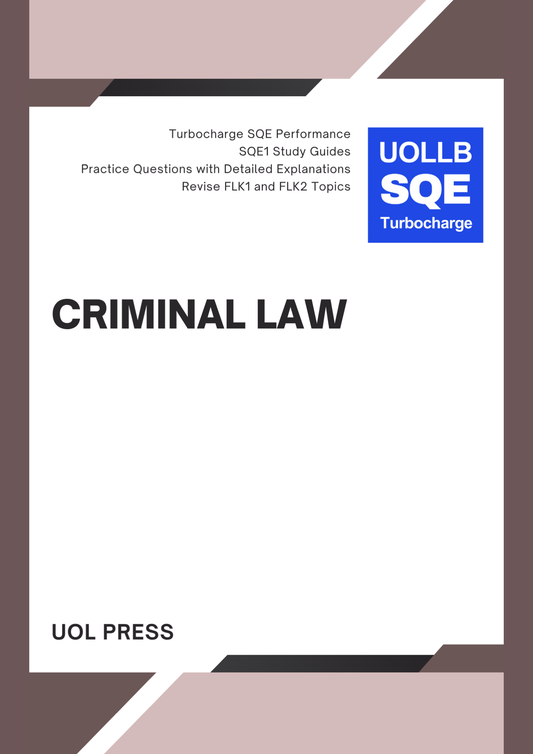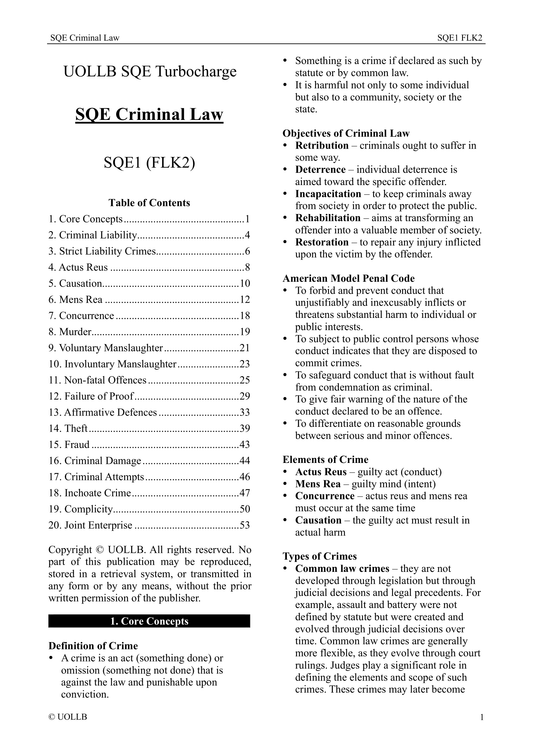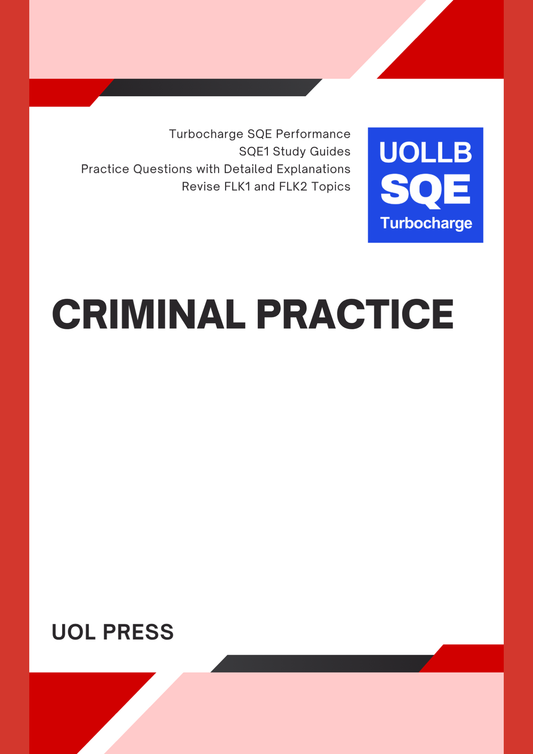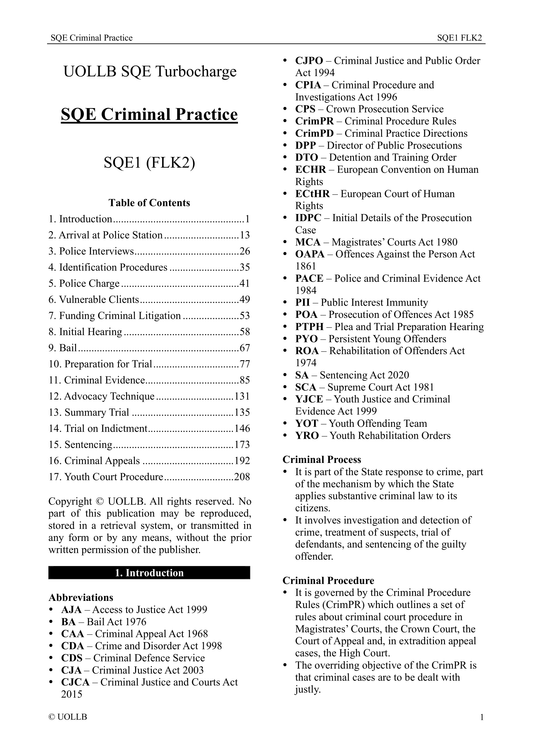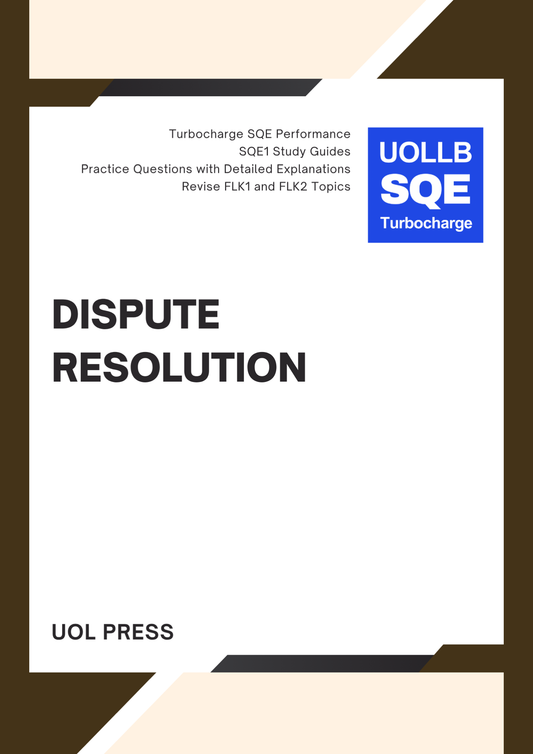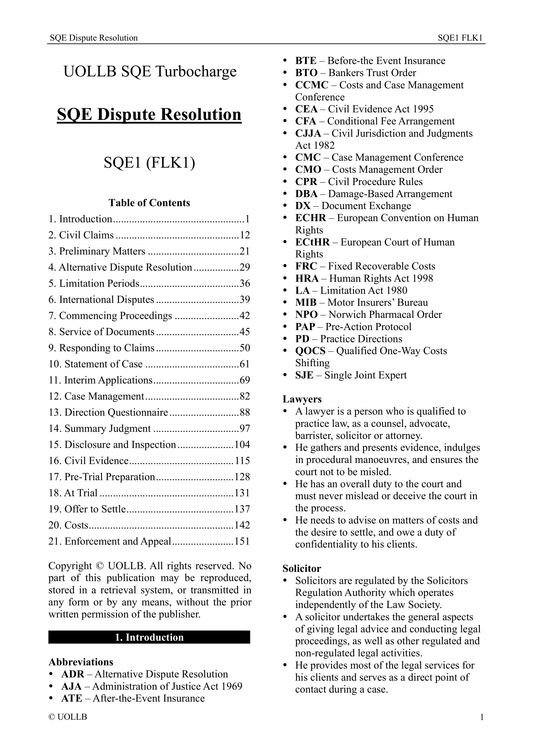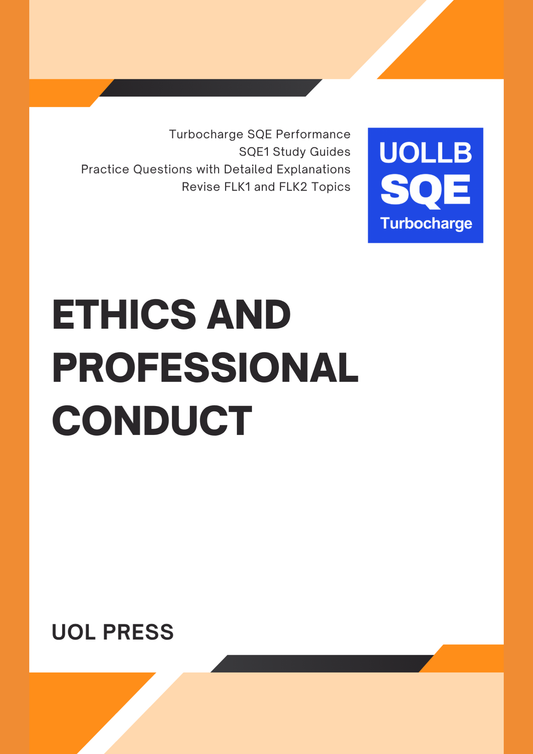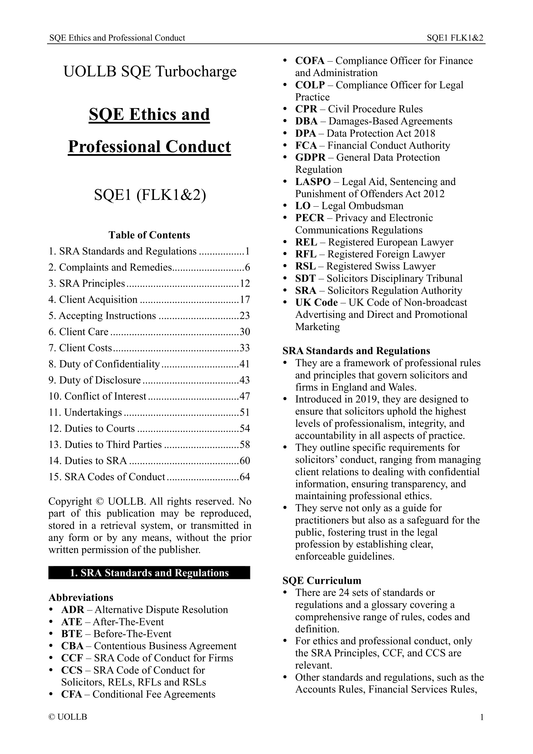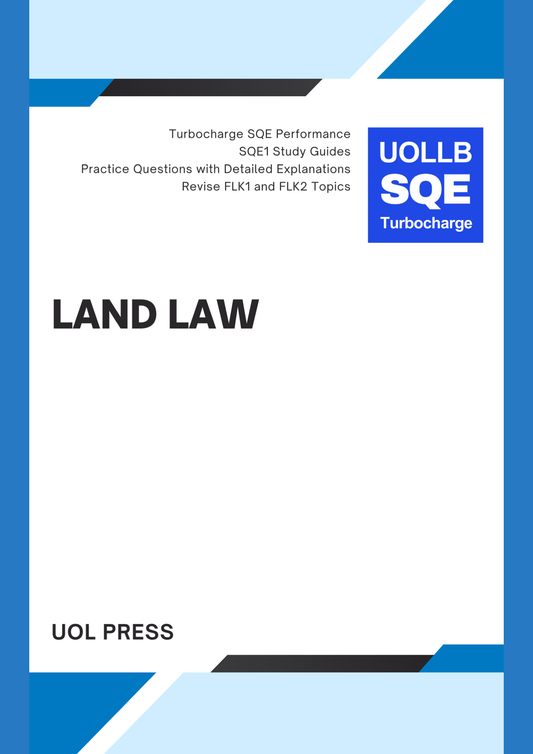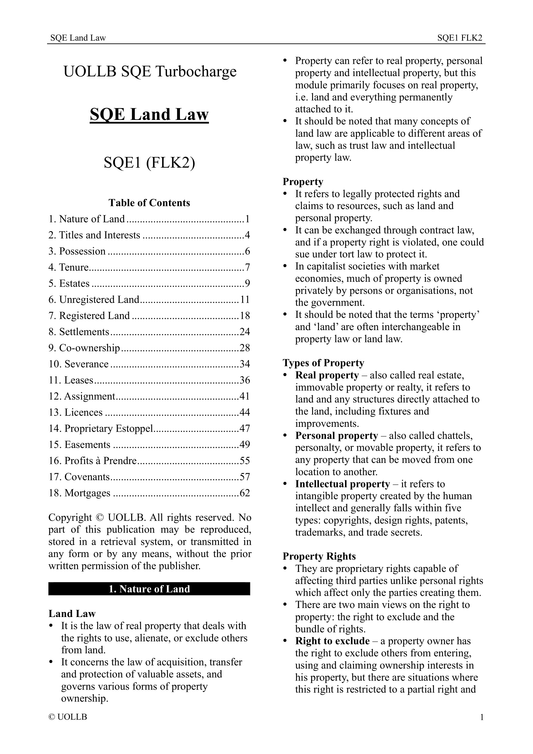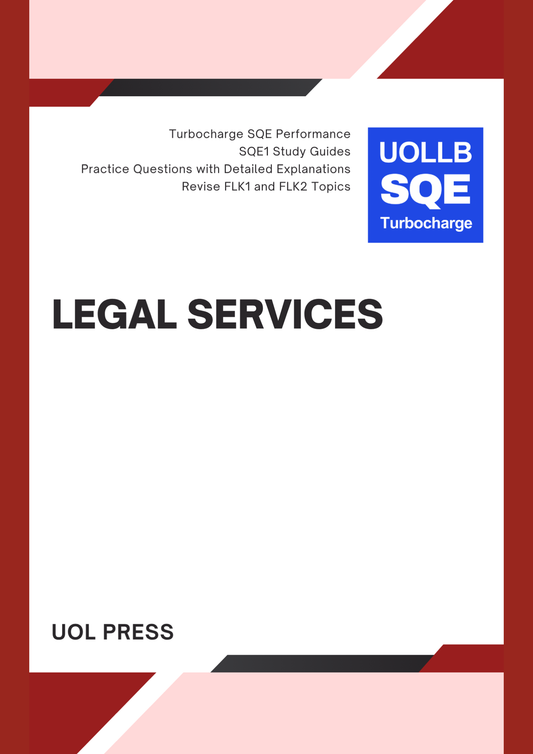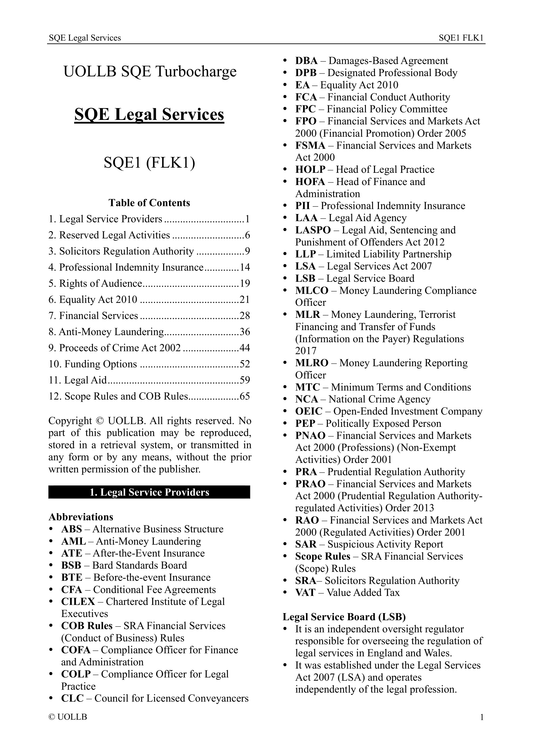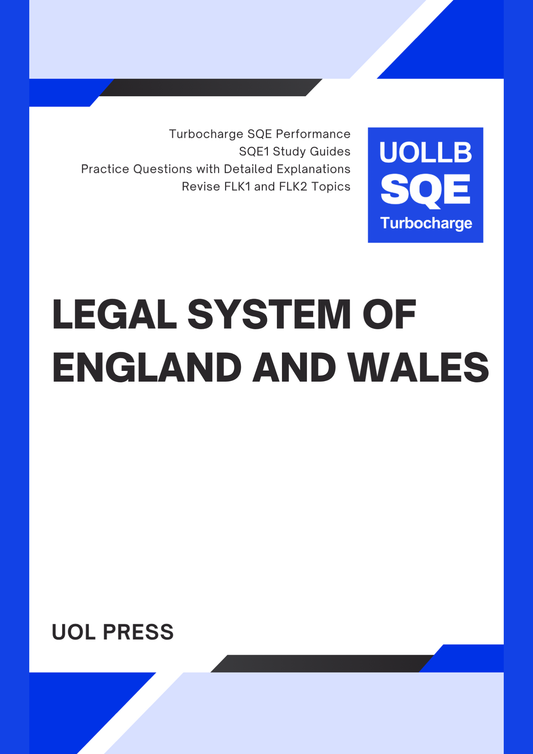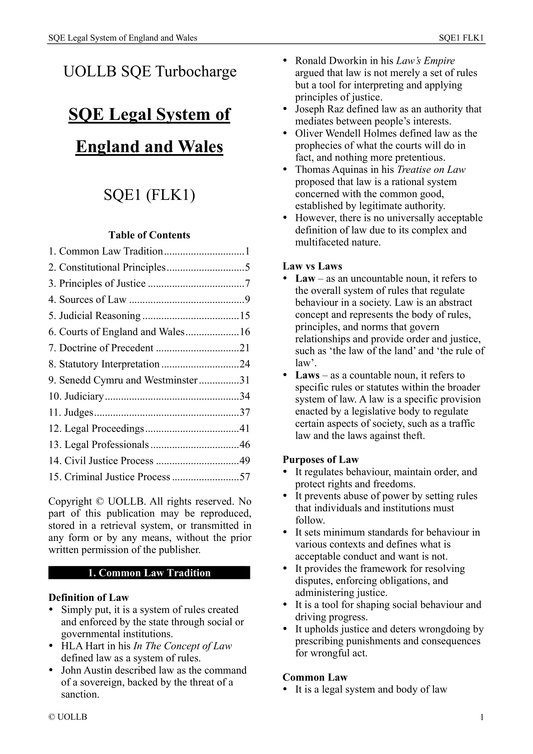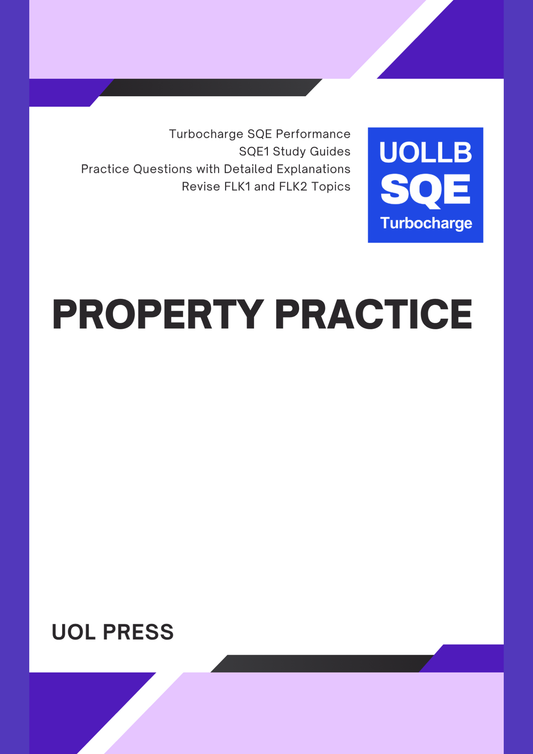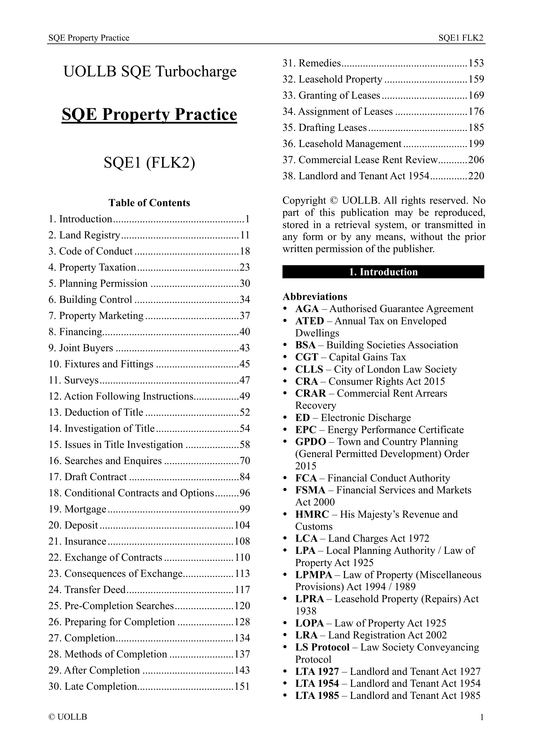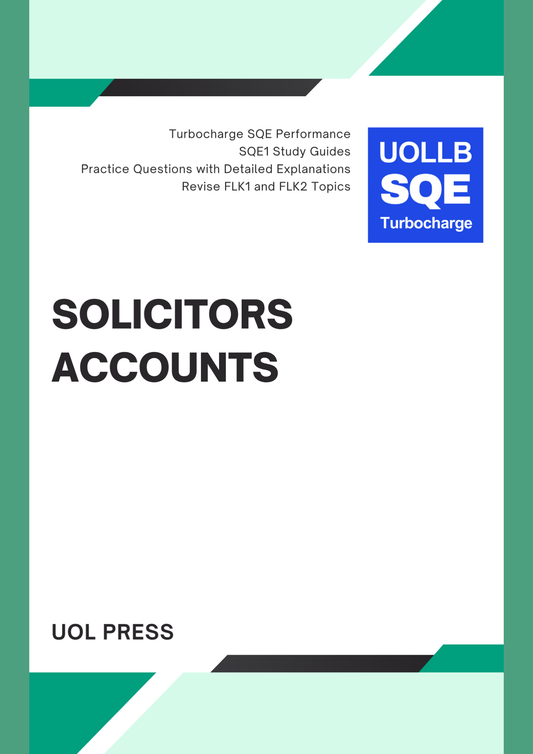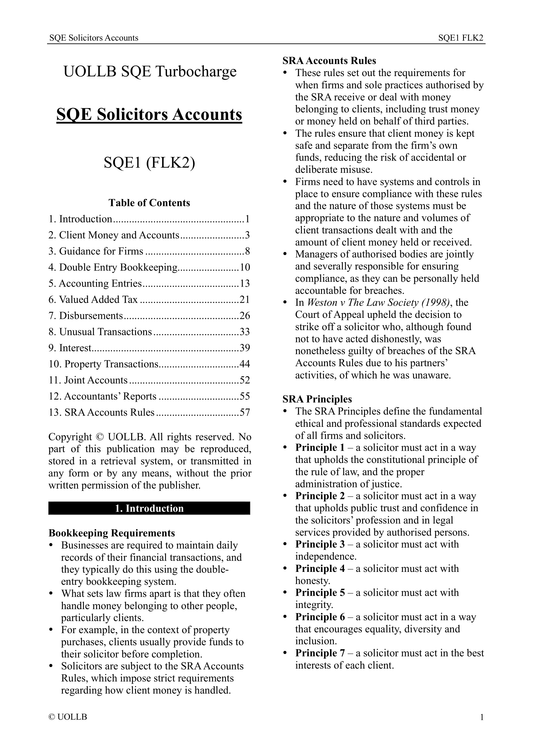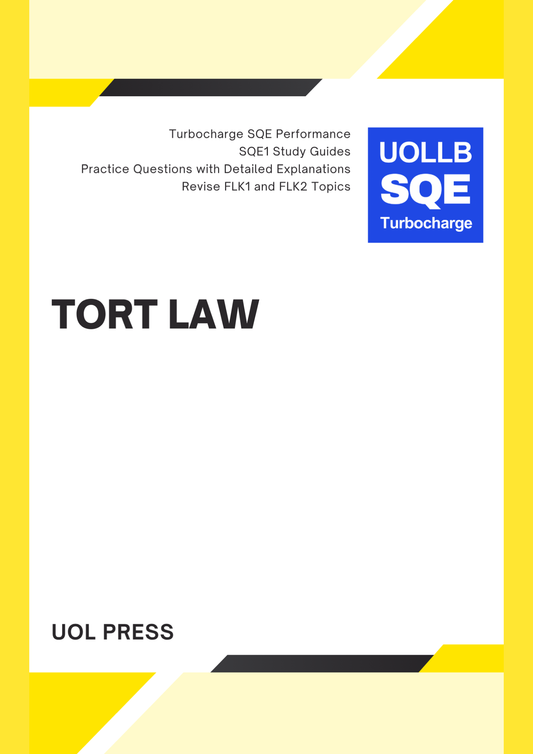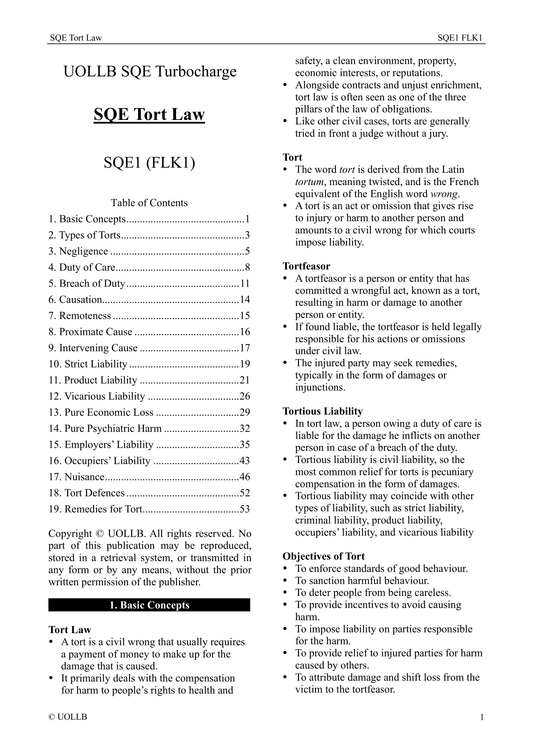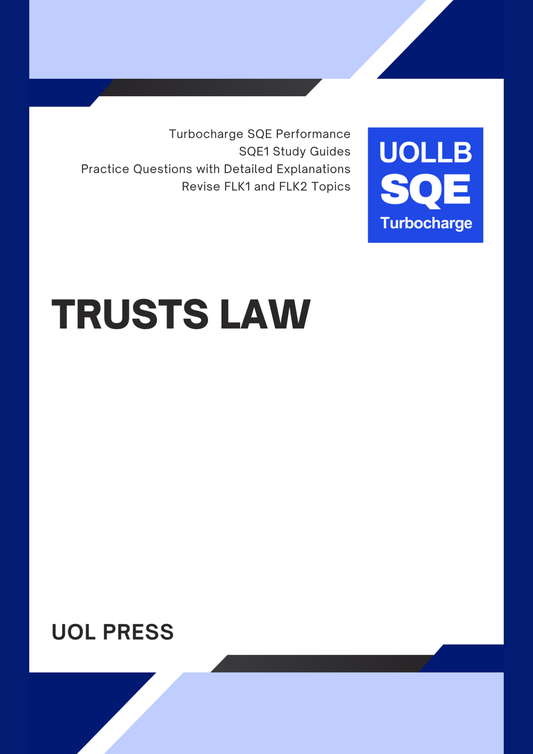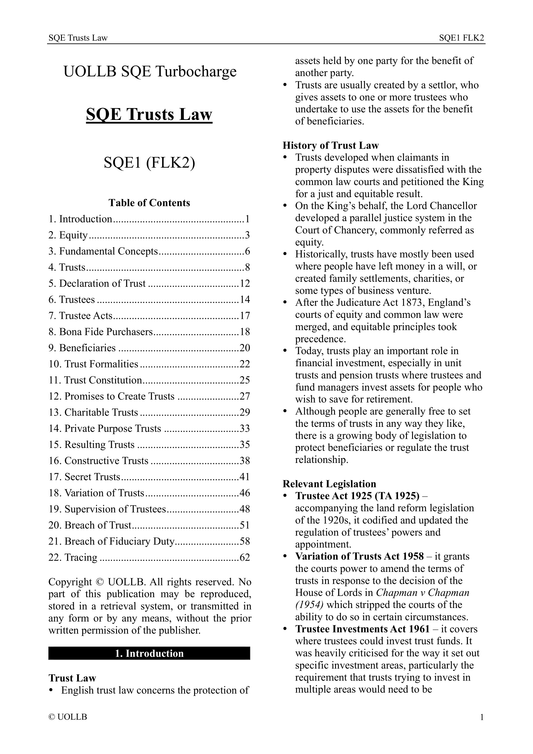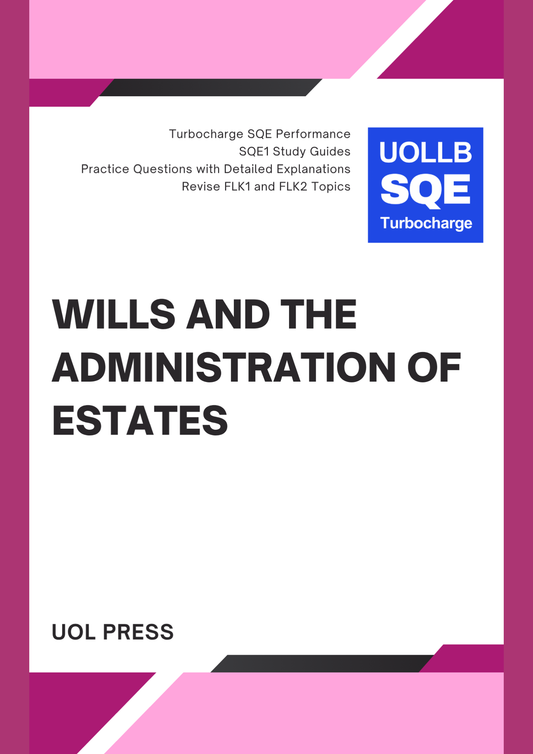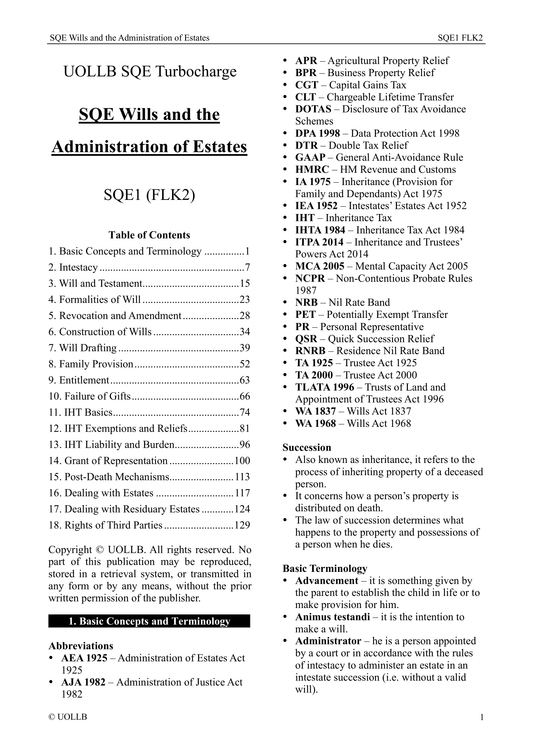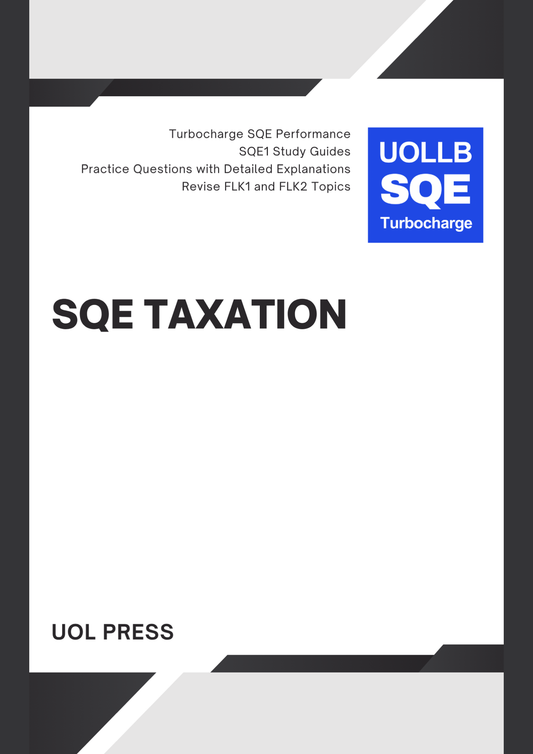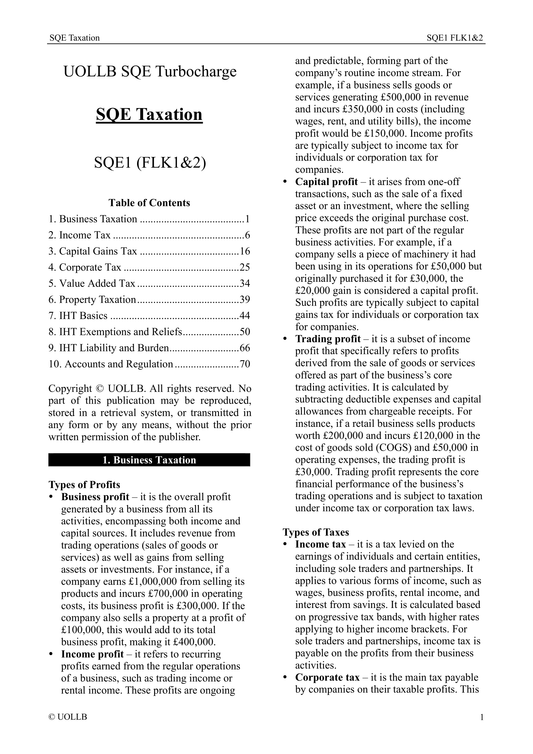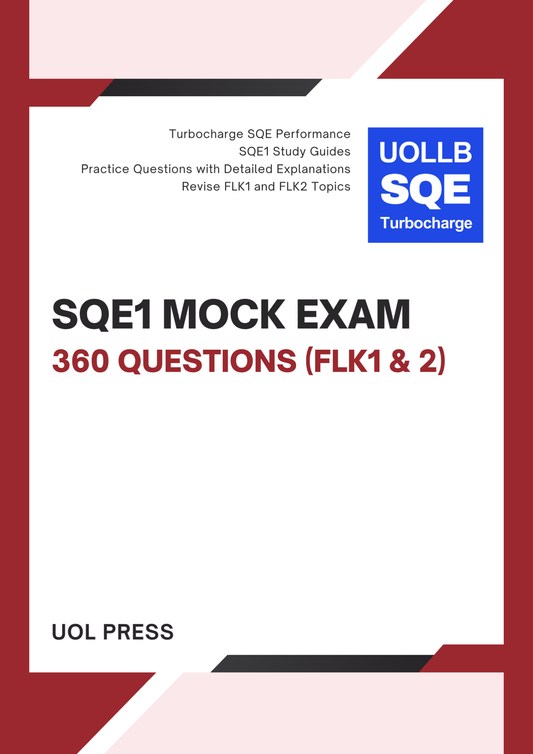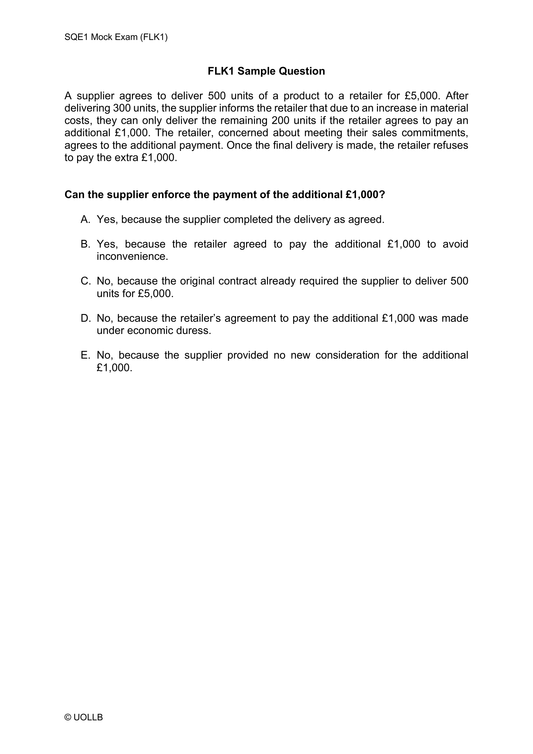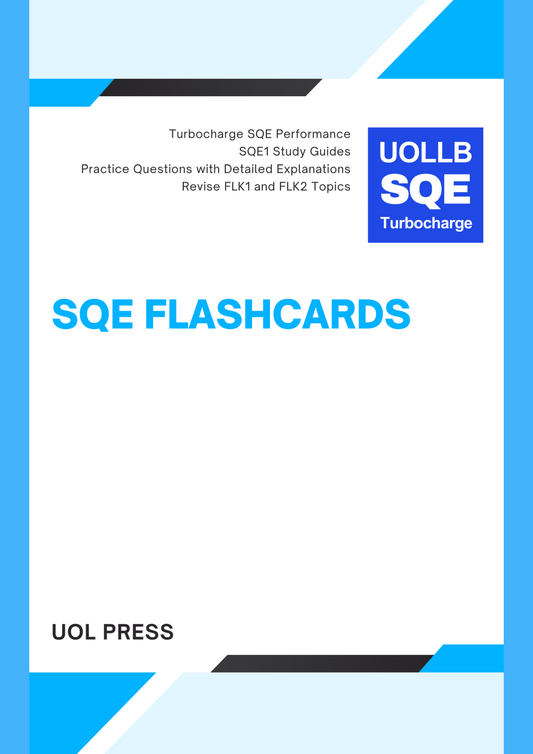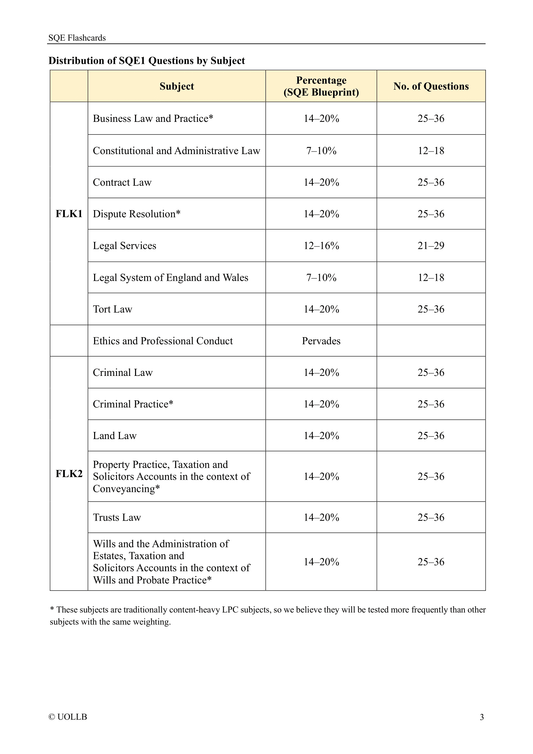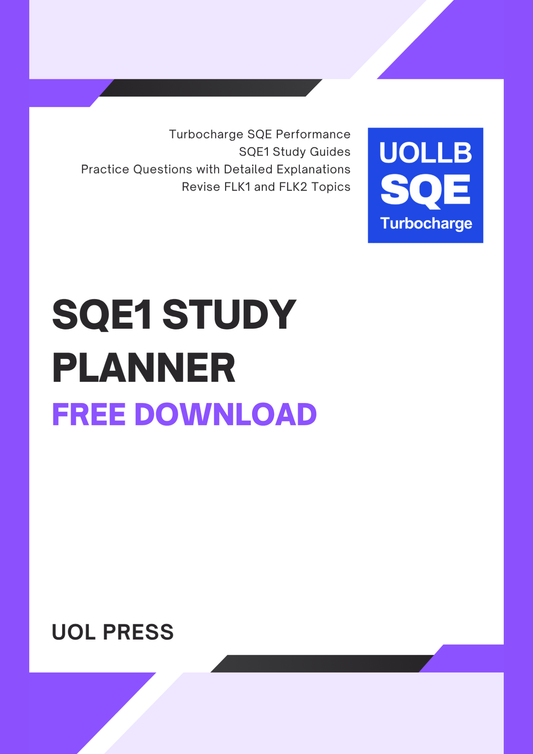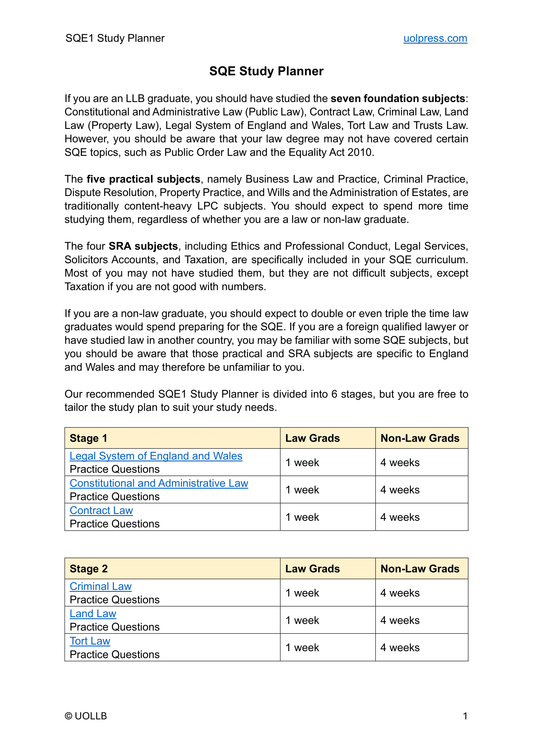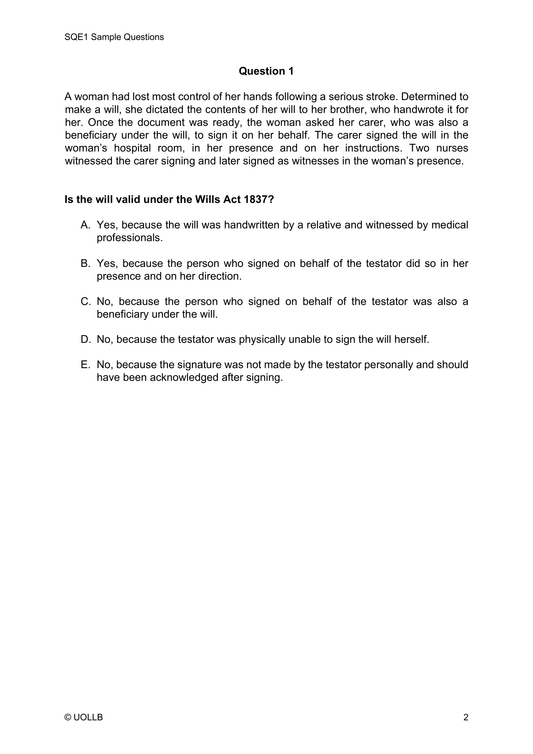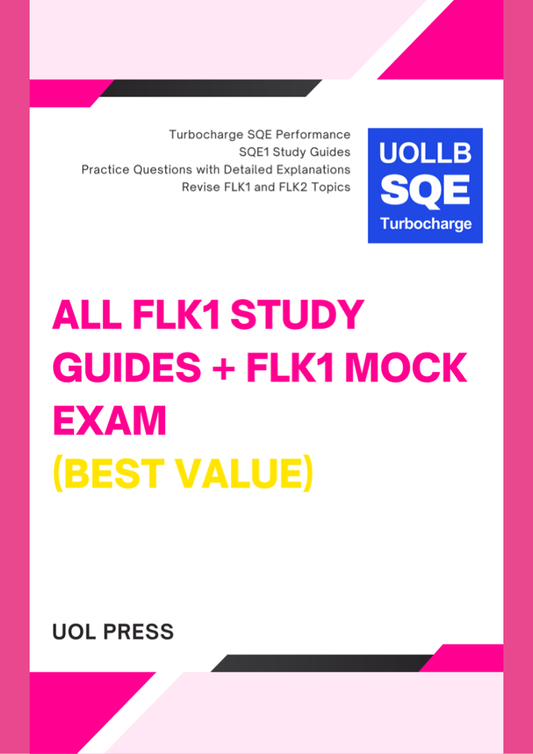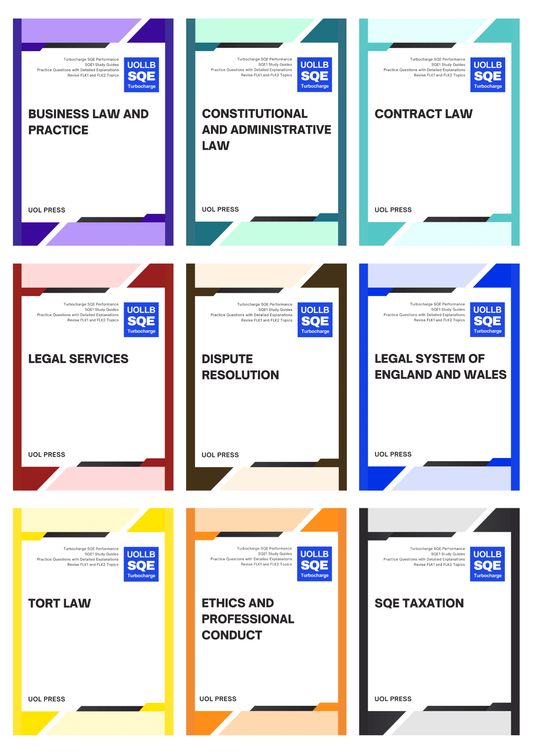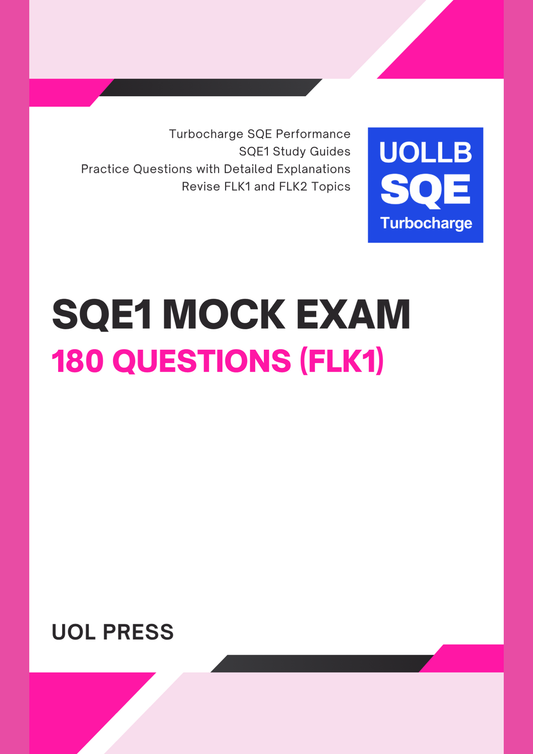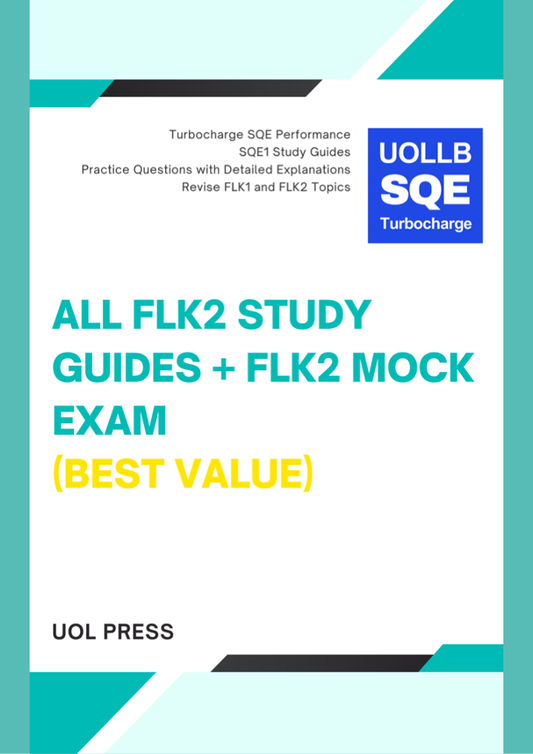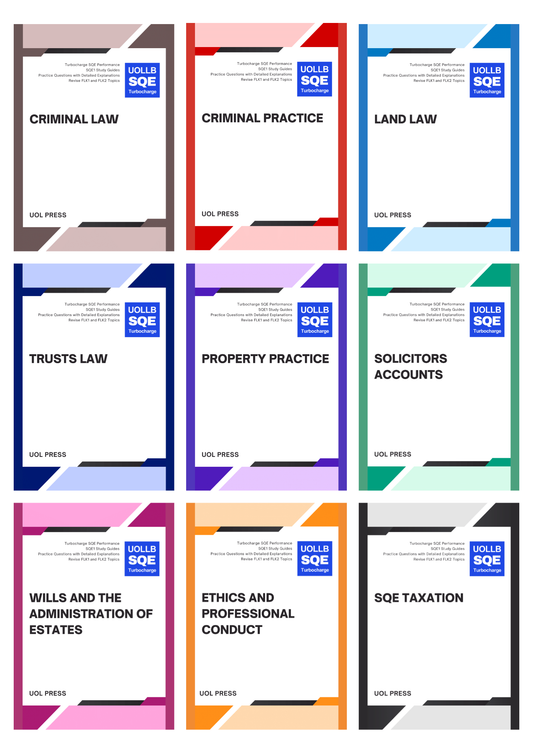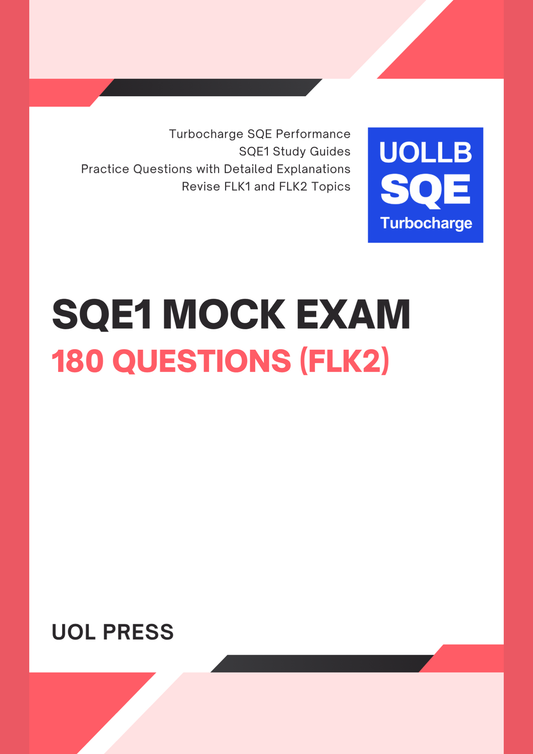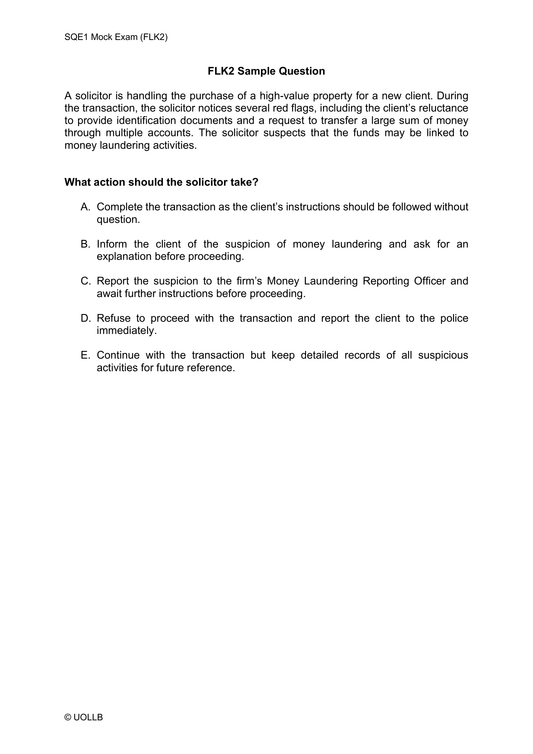What Is SQE?
Share
Introduced in September 2021, the SQE is the new pathway for individuals aspiring to become solicitors in England and Wales. It replaces the traditional LPC and is designed as a comprehensive and standardised assessment to ensure that you meet the professional standards required for solicitors. The SQE consists of two main stages: SQE1 and SQE2, each testing different competencies and knowledge areas necessary for legal practice.
The SQE is often perceived as a more challenging route compared to the LPC. The SRA explains that the LPC prepares you for day one of their training contract, while the SQE is designed to ensure that you are ready for day one as a newly qualified solicitor, although you must also complete two years of qualifying work experience. This means qualifying through the SQE route is more challenging than the LPC route because it requires you to meet the standards expected of newly qualified lawyers, rather than those of solicitor trainees.
Given the different format and the closed book nature of the SQE, it is understandable that you may feel apprehensive about the assessment. The style of testing, which includes single best answer multiple-choice questions, may differ significantly from previous academic experiences that often require you to consider the theoretical and contentious aspects of law.
The SQE is often perceived as a more challenging route compared to the LPC. The SRA explains that the LPC prepares you for day one of their training contract, while the SQE is designed to ensure that you are ready for day one as a newly qualified solicitor, although you must also complete two years of qualifying work experience. This means qualifying through the SQE route is more challenging than the LPC route because it requires you to meet the standards expected of newly qualified lawyers, rather than those of solicitor trainees.
Given the different format and the closed book nature of the SQE, it is understandable that you may feel apprehensive about the assessment. The style of testing, which includes single best answer multiple-choice questions, may differ significantly from previous academic experiences that often require you to consider the theoretical and contentious aspects of law.
